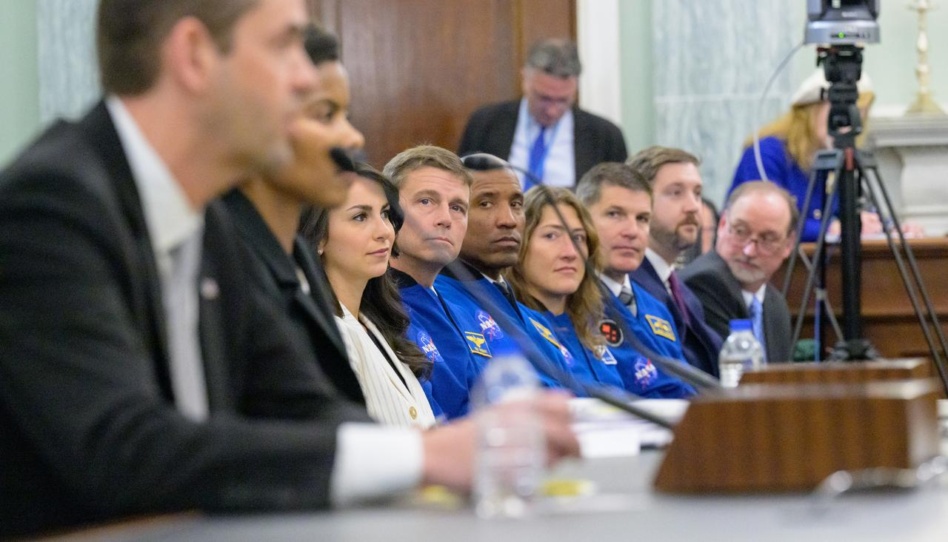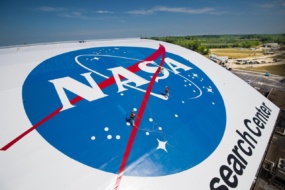NASA administrator nominee Jared Isaacman promised the Moon and Mars at his Senate hearing last week—literally telling lawmakers that choosing between the destinations isn’t necessary. Now, we’ve got a reality check: President Donald Trump reportedly wants to cut NASA’s budget by $5B, or 20%.
Getting medieval: The Planetary Society said the cuts would “plunge NASA into a dark age,” leading to the cancellation of multiple science missions and wasting billions in previously spent development funding. Ars Technica, which first reported the budget proposal, found that the science-focused cuts appeared to target the closure of NASA’s Goddard Space Flight Center.
The Nancy Grace Roman Space Telescope, intended as the successor to JWST, as well as Mars Sample Return would be on the chopping block.
Big picture: Republicans need to cut trillions from the budget to pay for an extension of Trump’s 2017 tax cuts, and a further $1.5T trillion in spending reductions to win over hard-right members of their caucus. While NASA’s nearly $25B budget is just .36% of federal spending, everything will need to be squeezed to meet those punishing top-line numbers.
We’re all trying to find the guy who did this: SpaceX CEO Elon Musk called the cuts “troubling” and suggested he has no influence over the space agency. But his DOGE team has already cut $93M in NASA spending unilaterally and put in motion plans for the agency to shift away from the Moon and back SpaceX’s Mars priorities.
Isaacman, a two-time SpaceX astronaut selected for the top NASA job on the back of Musk’s recommendation, may face a tougher reception at his next appearance before Congress. The leaked budget’s cuts focus on science, while largely sparing the NASA offices funding SpaceX vehicle development.
No balances, no checks? Democrats are pushing back against the cuts, and an authorization bill introduced last month by Texas Sen. Ted Cruz (R-TX), who chairs the Senate committee overseeing NASA, envisioned a stable budget for the space agency.
That suggests Congress will play its typical role of supporting the space agency once the Trump White House submits its official budget request. The administration, however, has also threatened unilateral spending cuts that will complicate any effort to plan multi-year exploration programs. Legal scholars told NPR this method of bypassing Congress is unconstitutional.





